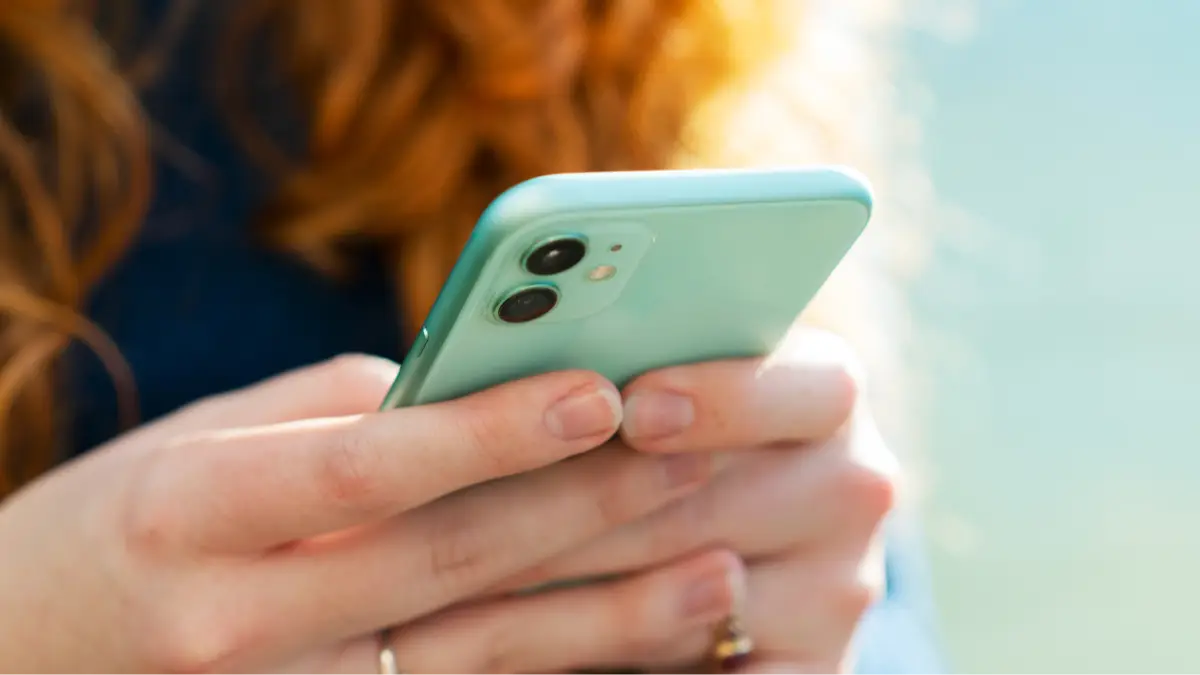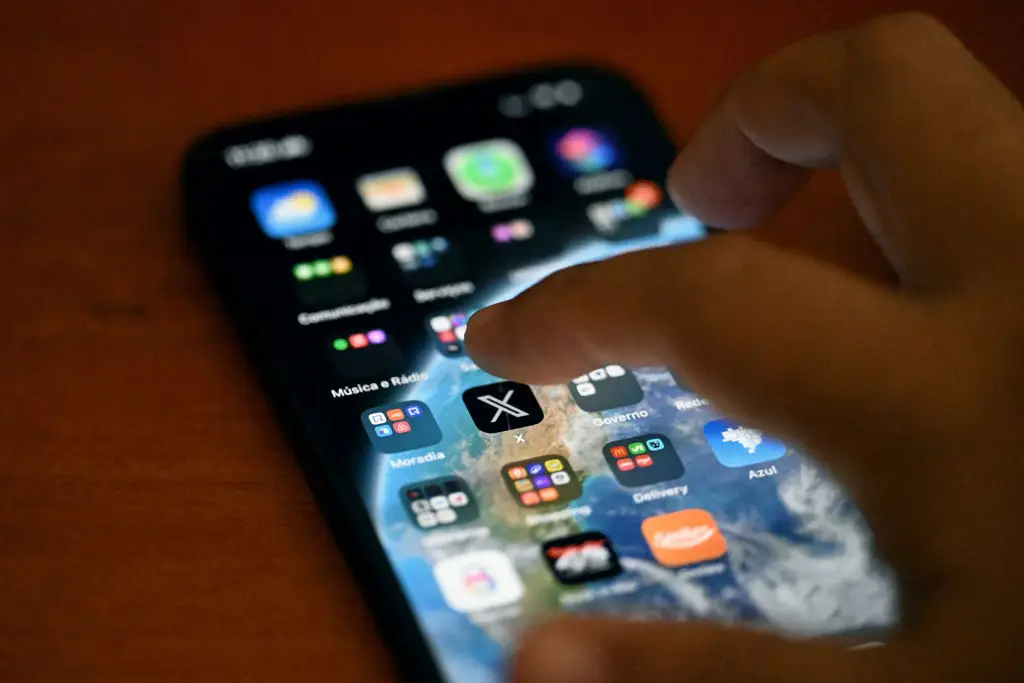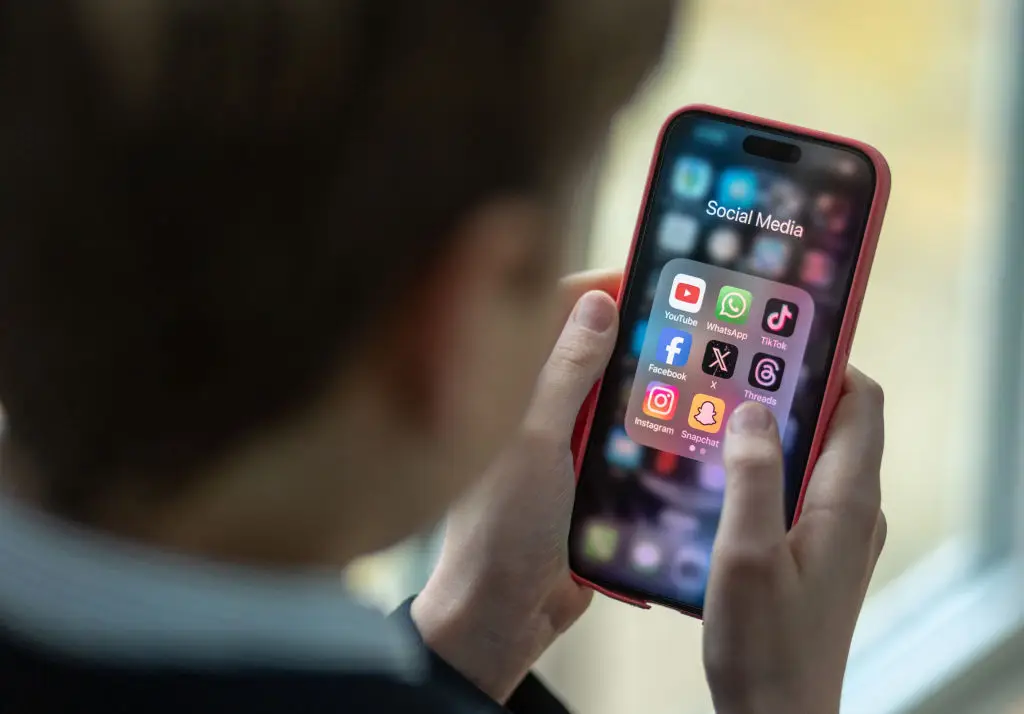
Psychologists have revealed the one phone habit that can help you spot a narcissist.
According to HelpGuide.org, a person with narcissistic personality disorder (NPD) are 'in love with an idealized, grandiose image of themselves'.
"They’re in love with this inflated self-image precisely because it allows them to avoid deep feelings of insecurity," they explain.
"But propping up their delusions of grandeur takes a lot of work—and that’s where the dysfunctional attitudes and behaviors come in."
Advert
Now, a new study in the Journal of Research in Personality has revealed the one sign that could indicate that somebody close to you has narcissistic tendencies.

According to researchers from the University of Gdańsk in Poland, compulsively using social media - and struggling to stop doing so - could be linked to narcissism.
To determine this association, they conducted two surveys made up of 665 people who use social media and found those with narcissistic traits were more likely to be addicted to social media.
According to the DailyMail.com, researchers looked at different forms of narcissism - admiration, rivalry, enmity, isolation, heroism and sanctity and found that all except sanctity were associated with being addicted to social media platforms.

According to Cleveland Clinic, there are some typical features of NPD.
They explain that symptoms may appear as the following:
1. Grandiose sense of self-importance
2. Frequent fantasies about having or deserving success, power, intelligence, beauty, love and self-fulfilment
3. Belief in superiority
4. Need for admiration
5. Entitlement
6. Willingness to exploit others
7. Lack of empathy
8. Frequent envy
9. Arrogance
Meanwhile, Addiction Center explain that psychologists believe up to 10 percent of Americans are facing a social media addiction.
Signs can include:
1. Spending excessive amounts of time on social media
2. Spending decreasing amounts of time with friends and family
3. Missing out on social events to engage in social media
4. Reduced interest in activities you once enjoyed
5. Poor work performance
6. Being noticeably attached to your smartphone
7. Feelings of anxiety when away from your phone

Ana Lembke, who specializes in addiction medicine and has even wrote a book on the matter titled Dopamine Nation: Finding Balance in the Age of Indulgence, warned that people do get addicted to social media.
She explained that something as simple as a 'like' on one of your photos on Instagram or Facebook would trigger dopamine - the brain's happy hormone.
Watching too much social media can unbalance your dopamine levels and actually lead to a depletion where you need to spend more time on your phone to feel 'normal'.
Speaking per Vijesti, she said: "A break from this social media-induced dopamine cycle can allow the brain to reset reward pathways."
Topics: Social Media, Phones, Technology, Mental Health, Science
